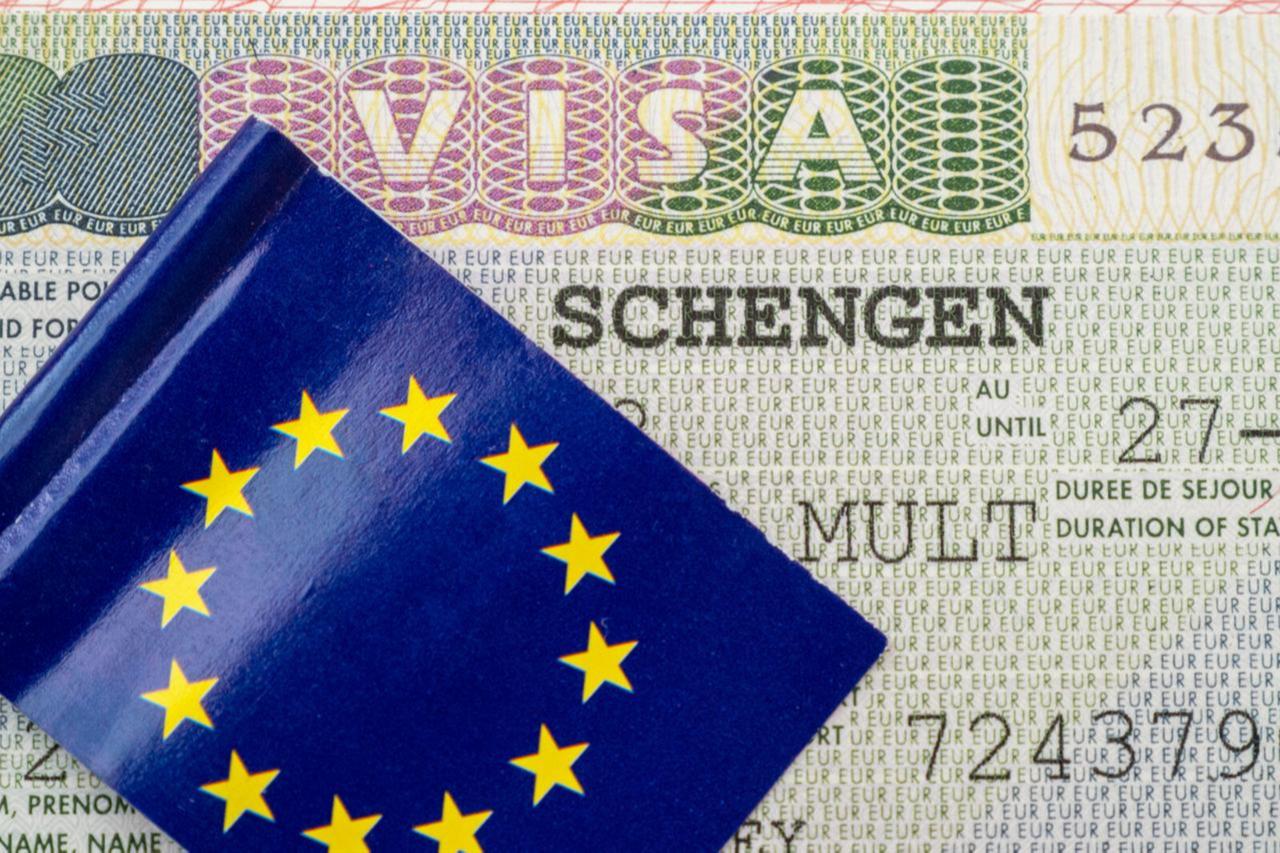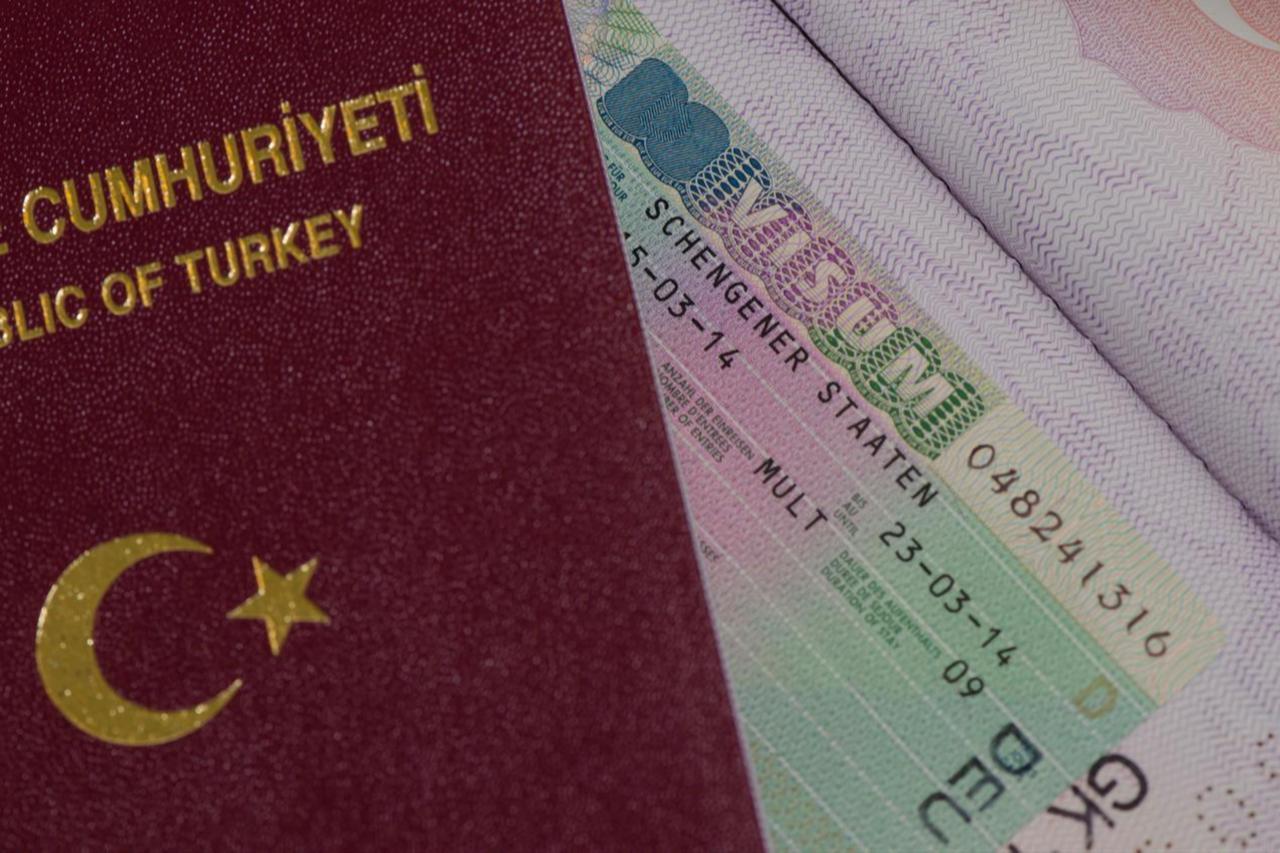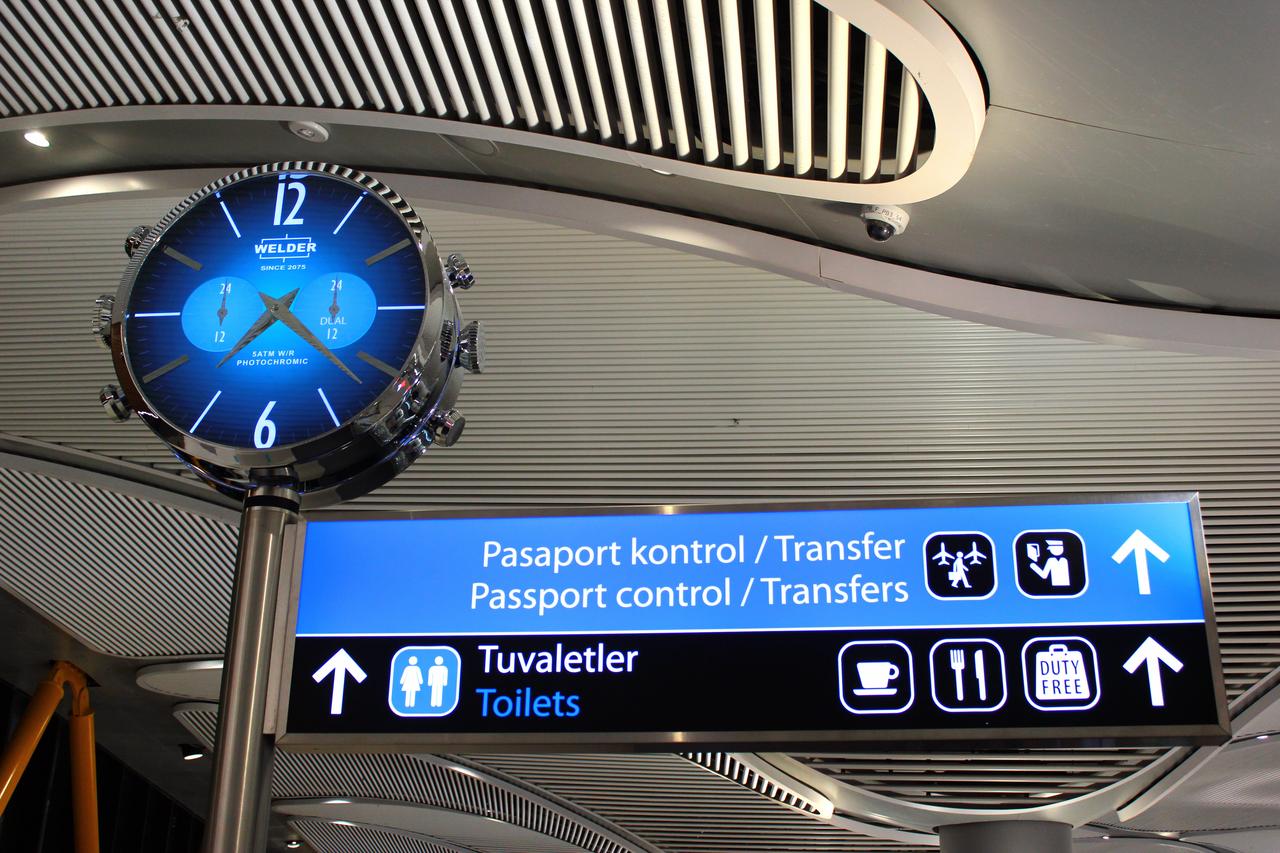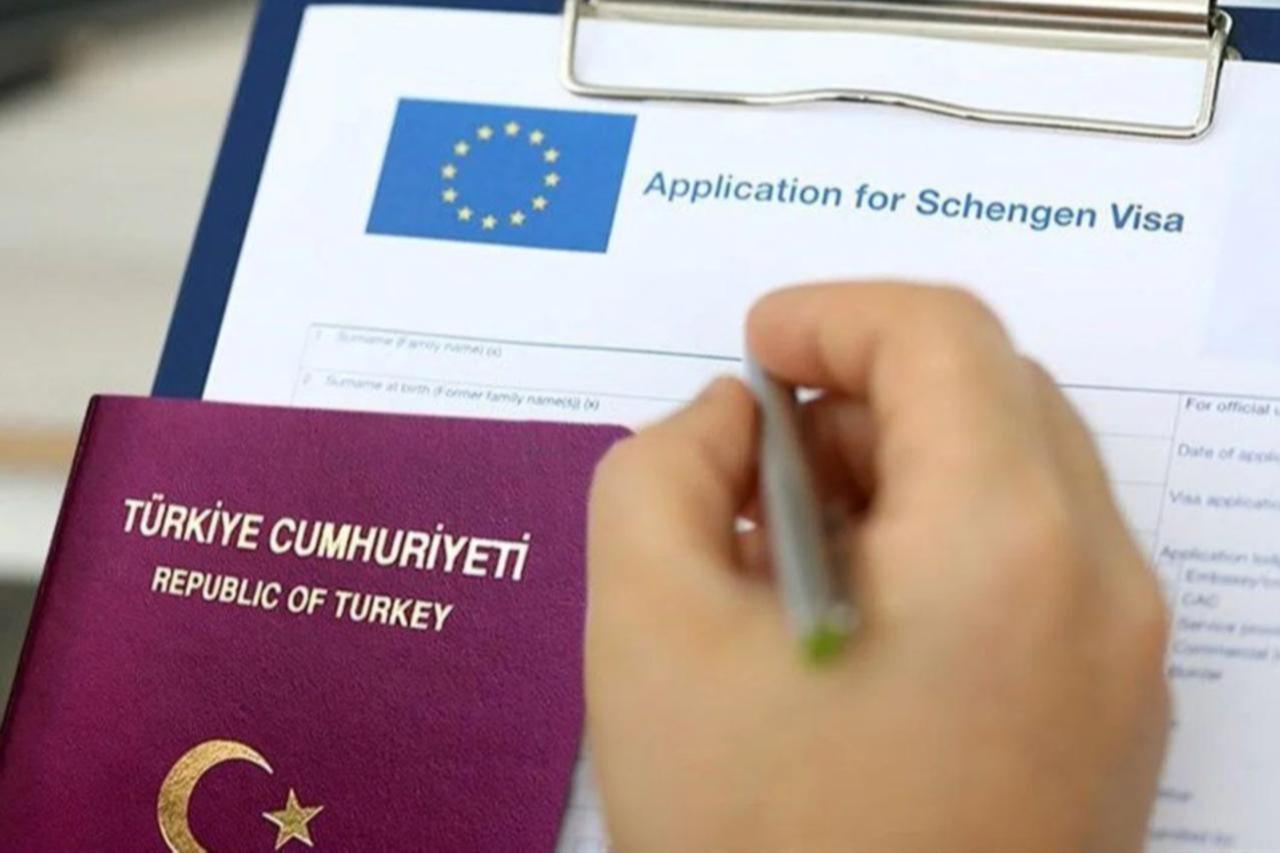
Turkish business leaders welcomed the European Union Commission's decision to ease and accelerate Schengen visa processes for Turkish citizens while calling for additional reforms, including visa-free travel and improvements to the appointment system.
Trade Minister Omer Bolat announced Friday that the commission had prepared a new document on facilitating and accelerating Schengen visas for Turkish citizens and sent it to member countries.
Bolat said those who previously obtained visas would receive longer-term, multiple-entry visas for second applications: initially up to six months, then extending to one, two, three, and five years. He indicated future efforts would focus on first-time visa applicants.
"This is an important and positive development for our citizens in terms of tourism, business, trade, investment, education, academia, and nongovernmental organization (NGO) meetings," Bolat said, emphasizing that embassies and consulates of the 25 Schengen countries now have no excuse for delays.

Istanbul Chamber of Commerce President Sekib Avdagic said the EU's easing of Schengen visa rules for Turkish citizens was promising for accelerating commercial travel but emphasized that solving the locked appointment system would be the complementary piece.
"(We find the decision) promising for accelerating commercial travel. We expect the urgent resolution of the EU visa appointment system, which is the most important problem of our exporters," Avdagic said.
He noted that resolving the appointment problem would help increase the competitiveness of Turkish businesses and entrepreneurs in EU countries.
"We expect the fast and long-term Schengen visa system to be implemented in a way that permanently eliminates complaints," Avdagic said, adding that their ultimate goal remains EU recognition of visa-free travel for Turkish citizens.
"Until the EU grants our right to visa-free travel, the visa problem will not be permanently resolved," he stated.

Foreign Economic Relations Board (DEIK) President Nail Olpak said they welcomed the decision as the business community.
"We think the decision will have a positive impact on our bilateral trade relations. We expect visa liberalization to be provided as soon as possible," Olpak said.
He noted that DEIK had raised visa issues in every commercial diplomacy activity with European countries and every meeting with EU member countries at the EU Commission and EU Council since visa difficulties began.
"The EU is our country's most important trade partner. Therefore, taking a step appropriate to this partnership pleased our business community," Olpak said.
Türkiye Exporters Assembly (TIM) President Mustafa Gultepe emphasized that the EU remains Türkiye's largest export market, accounting for 42% of total exports.
"Although not in the scope we desire, the decision will contribute positively to increasing our exports to 25 countries included in Schengen," Gultepe said, calling the decision "positive but incomplete."
He stressed that exporters need to travel extensively to EU countries for business meetings, fairs, and delegation programs but have faced serious difficulties with Schengen visas for the past two years.

Istanbul Industry Chamber (ICI) President Erdal Bahcivan described the visa problem as a situation that business representatives have sought to resolve for years, with challenging applications turning into a crisis.
"While we find the latest developments announced by our ministry positive, ensuring visa-free travel for our citizens to Europe should continue to be among our most important priorities," Bahcivan said.
He called the visa issue "a double standard of the European Union" that has reached intolerable limits and hinders Turkish businesspeople's integration with the world.
Anatolian Lions Businessmen Association (ASKON) President Orhan Aydin noted that Turkish businesspeople suffer extremely from visa restrictions, given the foreign trade conducted with the EU.
"As businesspeople, the relaxation in visa matters will encourage us more and increase our determination," Aydin said.

Economic Development Foundation (IKV) President Ayhan Zeytinoglu said that while the Schengen visa improvements are important, they are insufficient, and more steps are needed.
"Appointment booking should also be facilitated, additional fees should be controlled, and measures should be taken to reduce rejection rates," Zeytinoglu stated.
He expressed disappointment that truck drivers were excluded from the scope due to special risk considerations.
"Because driver visas constitute an important obstacle in terms of the free movement of goods. Drivers have to apply frequently. Also, the rule of staying in the Schengen area for 90 days in 180 days slows down the transportation process," Zeytinoglu said.
Turkish Travel Agencies Association (TURSAB) President Firuz Baglikaya described the development as positive, noting it resulted from intensive efforts by President Recep Tayyip Erdogan, the Foreign Ministry and TURSAB.
"We will closely monitor the practical implementation of the EU Commission's new decision and continue to do our part in solving any problems that may arise regarding appointment processes," Baglikaya said.
He emphasized that appointment-related problems persist and require attention, noting that appointment processes conducted through intermediary organizations can extend for months.
"We believe it is inevitable to make new arrangements regarding visa appointments. If visa appointments are sold at exorbitant prices and fair distribution of visa appointments is not ensured, the main source of the problem will be ignored," Baglikaya concluded.